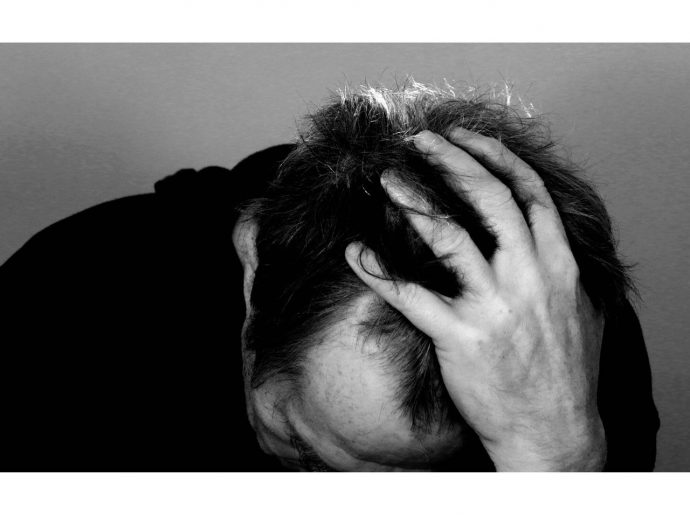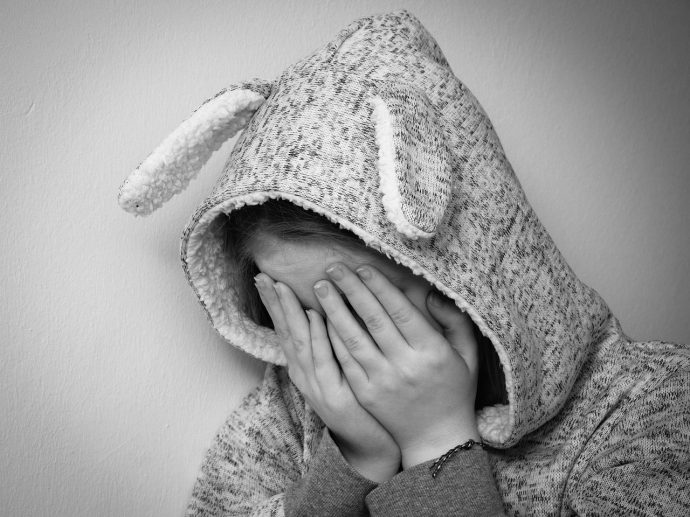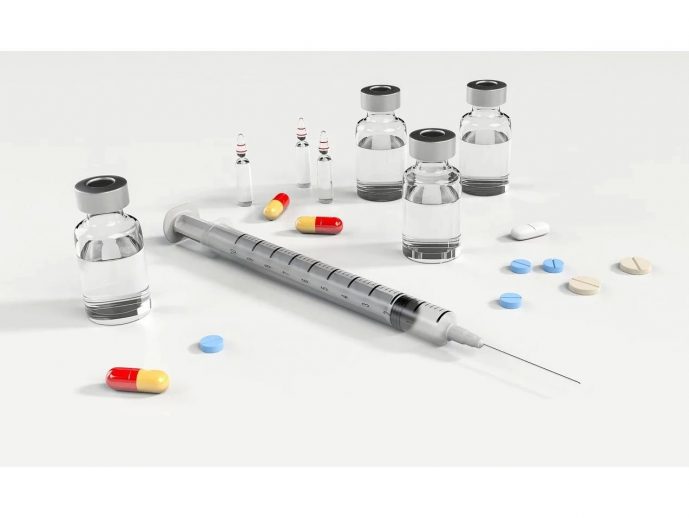Categories more
- Adventures (17)
- Arts / Collectables (15)
- Automotive (37)
- Aviation (11)
- Bath, Body, & Health (77)
- Children (6)
- Cigars / Spirits (32)
- Cuisine (16)
- Design/Architecture (22)
- Electronics (13)
- Entertainment (4)
- Event Planning (5)
- Fashion (46)
- Finance (9)
- Gifts / Misc (6)
- Home Decor (45)
- Jewelry (41)
- Pets (3)
- Philanthropy (1)
- Real Estate (16)
- Services (23)
- Sports / Golf (14)
- Vacation / Travel (60)
- Watches / Pens (15)
- Wines / Vines (24)
- Yachting / Boating (17)
Trans-Generational Addiction and the Hope for Children
Published
06/11/2021A parent's substance abuse can have serious consequences for a child's health. Children who grow up in these environments are six times more likely than others to develop an addiction or a mental disorder themselves.
Behind the numbers lie tortuous life stories, silent suffering, and oppressive loneliness. These stories remain buried among family secrets. Children keep quiet about their distress to protect their parents, to escape shame or a feeling of guilt.
"I was afraid that my father would kill my mother."
Sandra Yung is one of those who dared to break the silence, a deafening silence that has long surrounded the drama of her childhood. "From the outside, we were the perfect family," notes the 40-year-old.
Her father was a famous man who always managed to work despite his addiction. Her mother suffered from depression. Sandra Young recollects a childhood where she lived with constant fear in her stomach. To protect her parents, she kept quiet about her father's aggressiveness, beatings, and persistent neglect.
In order not to create more problems for her family, she isolated herself. "I couldn't invite friends over to the house. And I felt like I had to be there because I was afraid my dad would kill my mom," she says. As a little girl, she tried to mediate with her parents. Today she carries a feeling of guilt. What if this all happened to be my fault? She told herself.
Despite the violence, Sandra still describes her father as "loving." "He also grew up with an alcoholic father. He was in distress, "she explains. At the age of 12, she recalls asking him the question: Can't you stop using this stuff?" "If you only knew," he answered, expressing his feeling of helplessness.
Sandra later suffered the consequences of the mistreatment of which she was the target. A few years after her father's death from the consequences of heroin, when she was married and the mother of three children, she suffered depression and turned to the bottle.
Talking About It
To cope with addiction, she benefited from the support of drug rehabilitation centers like Hollywood Hills Recovery."I didn't always understand what was going on with my parents, but as a mom, I'm trying to stop the cycle of addiction and abuse."
The first drink of alcohol, the first look at the substance that modifies mood and behavior, the first pleasure, and the first discomfort it brings are experiences that are most often lived in the family environment.
The family constitutes the crucible in which behaviors and attitudes towards various psychoactive substances develop; the latter can be associated with festive events, responses to stress or suffering, or even conflict resolution.
One can wonder endlessly that, for so long, the family of the addict was not a factor of importance in intervention and prevention in alcohol and substance abuse. As if the addict was born only from themselves in the process of self-generation
Today we understand the addiction phenomenon a little better from the concept of environment. Like the player, the drug addict remains a part of the universe in which they are trapped. How to replace these constraints remains the central question in intervention programs.
Child-Parent Psychotherapy
Many works by contemporary psychoanalysts have focused their research on the role of the environment, on the impact of traumas in the constitution of the subject. The generational subject as understood in contemporary clinical practice has been enriched with new theorizations.
There is hope in child-parent psychotherapy, which aims to decode the nature of transgenerational links and considers the role of the environment when traumatic repetitions have played a major role in the child's future.
Attachment theory is at the core of this treatment, incorporating psychodynamic elements, developmental elements, trauma-informed interventions, and cognitive-behavioral techniques.

















